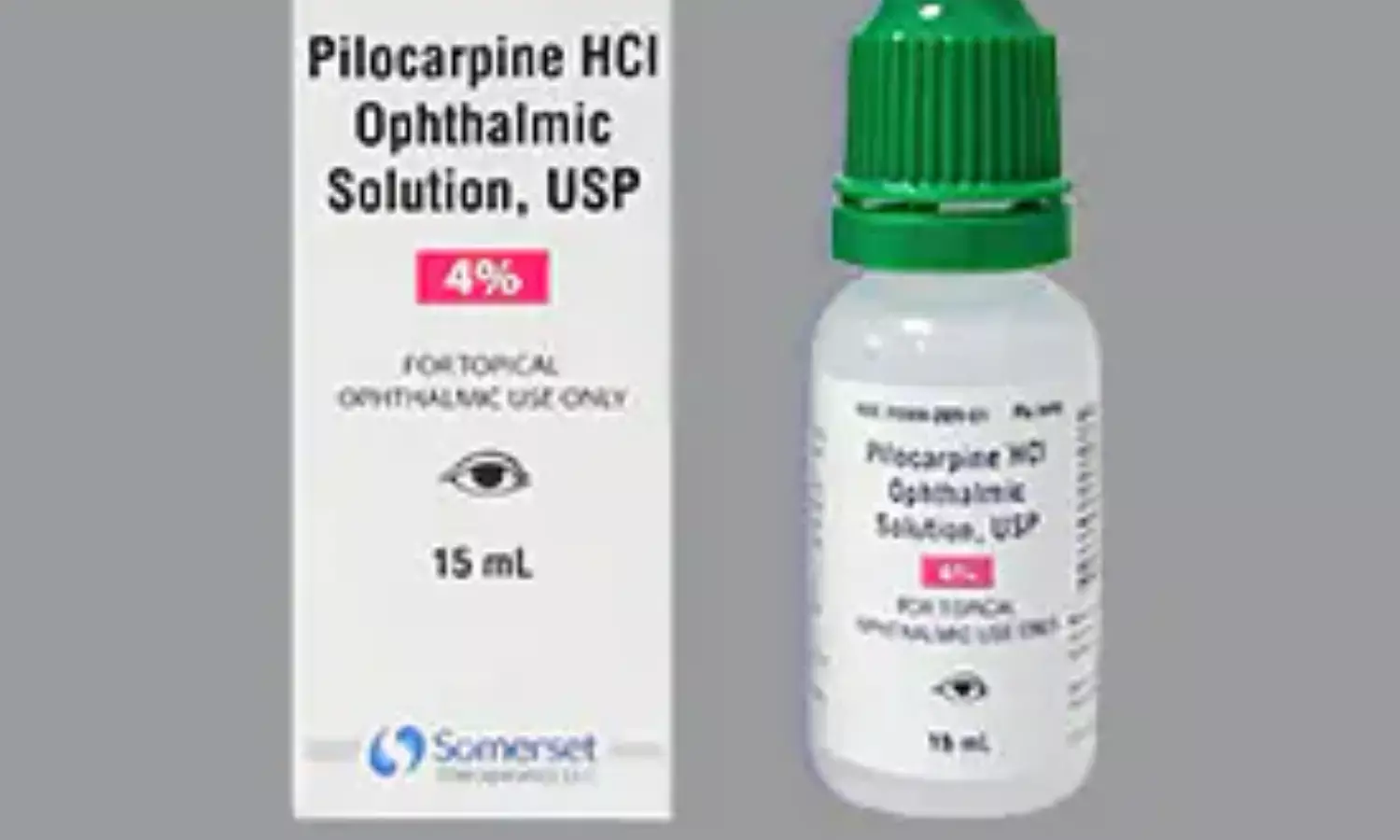Daily Eye Drops Could Replace Reading Glasses
A new study presented September 14, 2025, in Copenhagen shows that daily eye drops combining pilocarpine and diclofenac can significantly improve near vision in presbyopia patients, potentially reducing reliance on reading glasses.

A landmark study unveiled at the 43rd Congress of the European Society of Cataract and Refractive Surgeons (ESCRS) in Copenhagen on September 14, 2025, demonstrates that specially formulated eye drops—combining pilocarpine and diclofenac—offer a safe, effective, and non-surgical alternative to reading glasses for people with presbyopia, the age-related loss of near vision that affects nearly everyone over 40[2][3]. In a two-year trial involving 766 patients, the majority were able to read two to three extra lines on a standard near-vision (Jaeger) chart, with improvements sustained for up to 24 months and minimal side effects reported[1][3]. The drops are administered twice daily, with a possible third dose if needed, and the optimal pilocarpine concentration can be tailored to the severity of a patient’s presbyopia[3]. While the treatment does not eliminate the need for glasses in all cases, it significantly reduces dependence on them, offering a practical solution for those who find glasses inconvenient or are not candidates for surgery[2][3]. The study’s lead researcher, Dr. Giovanna Benozzi, emphasized that this pharmacological approach addresses a significant unmet need in presbyopia care, expanding options beyond traditional spectacles and surgical interventions[3]. However, experts caution that while the results are promising, more extensive, long-term research is needed before the drops can be widely adopted[2]. The findings have generated considerable interest among eye care professionals and patients seeking alternatives to reading glasses, but the drops are not yet widely available outside of clinical trials[1][3].